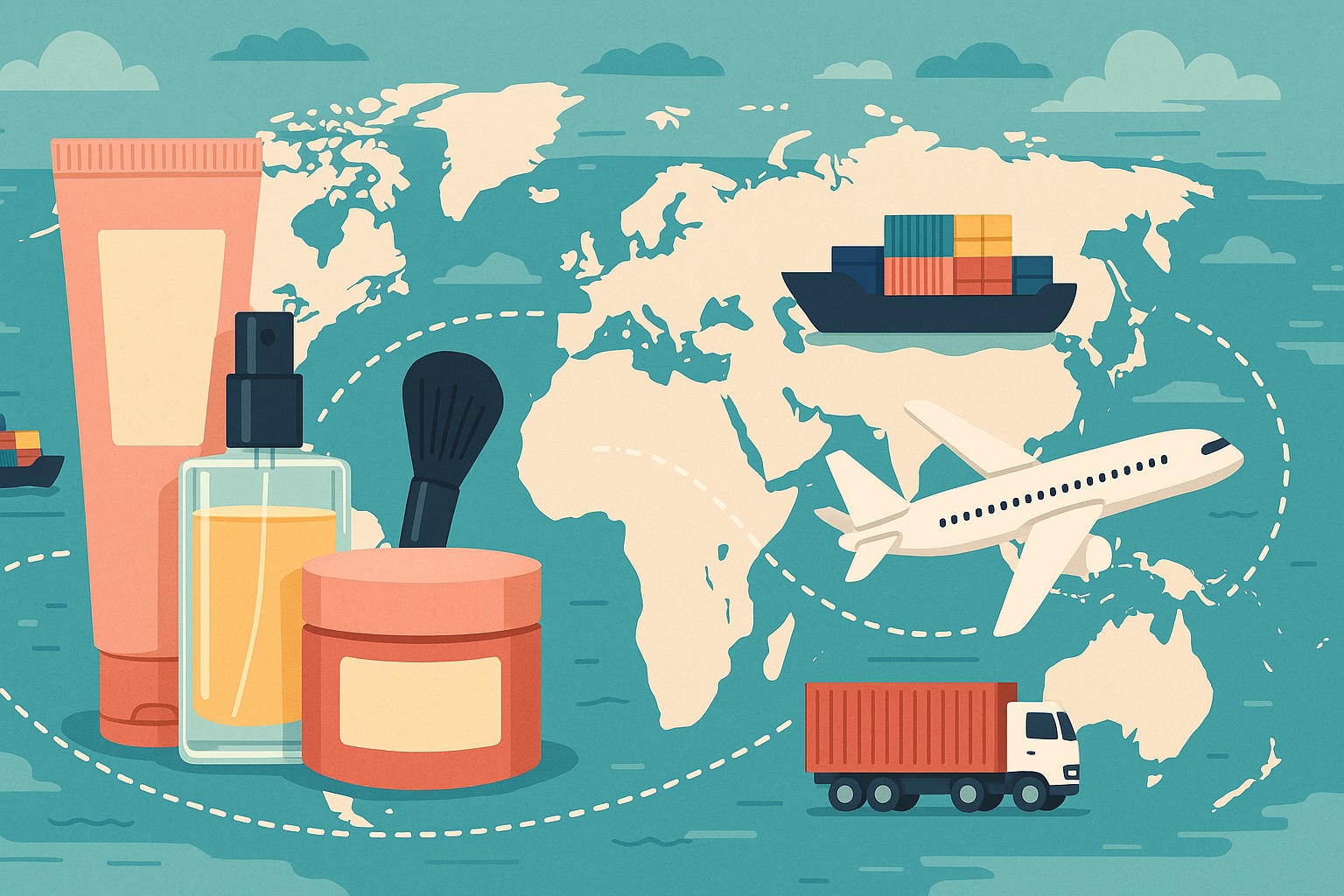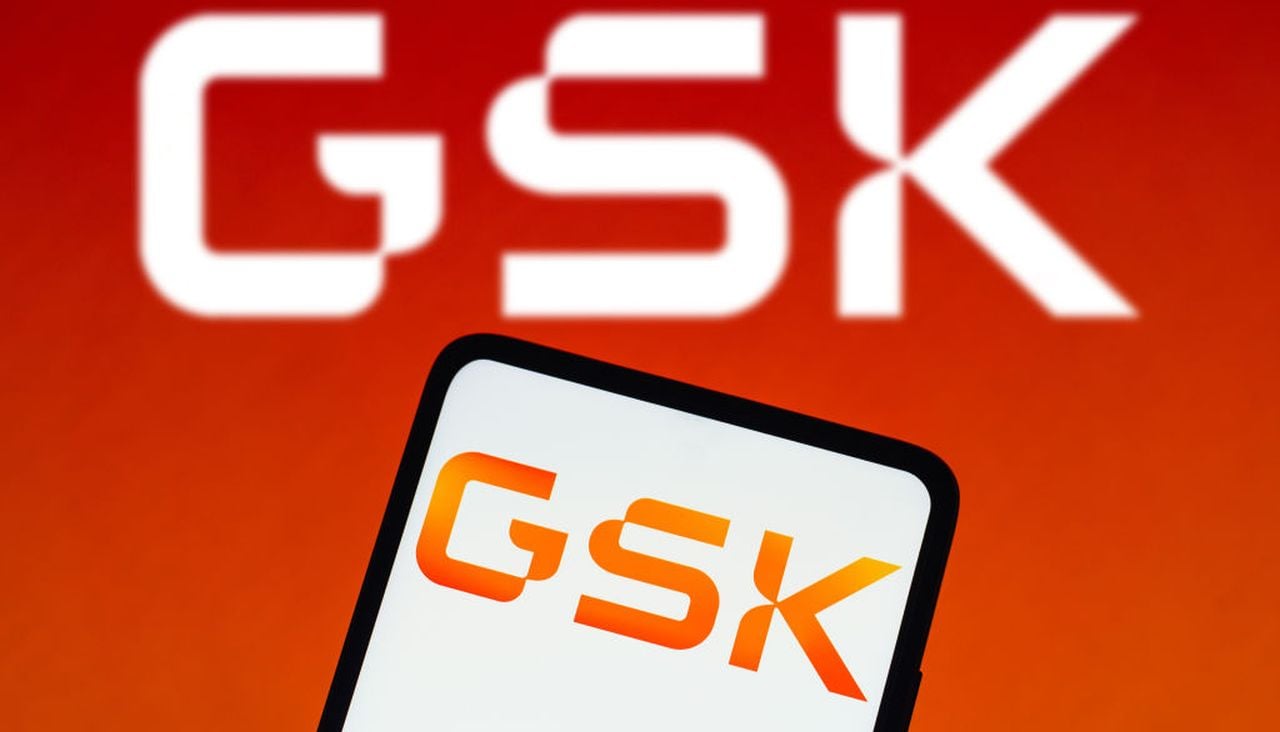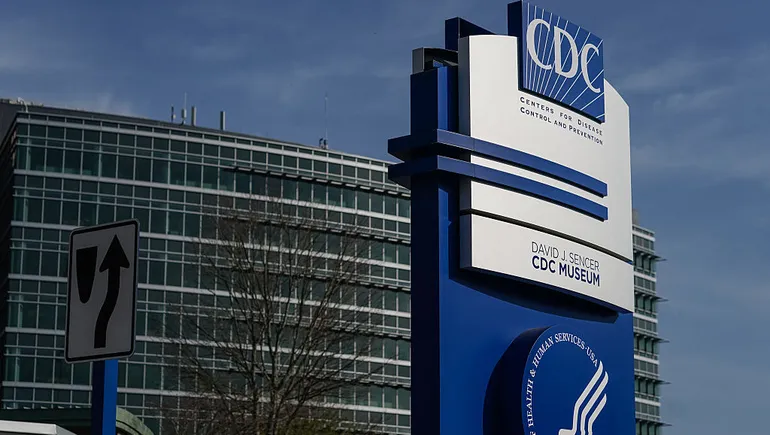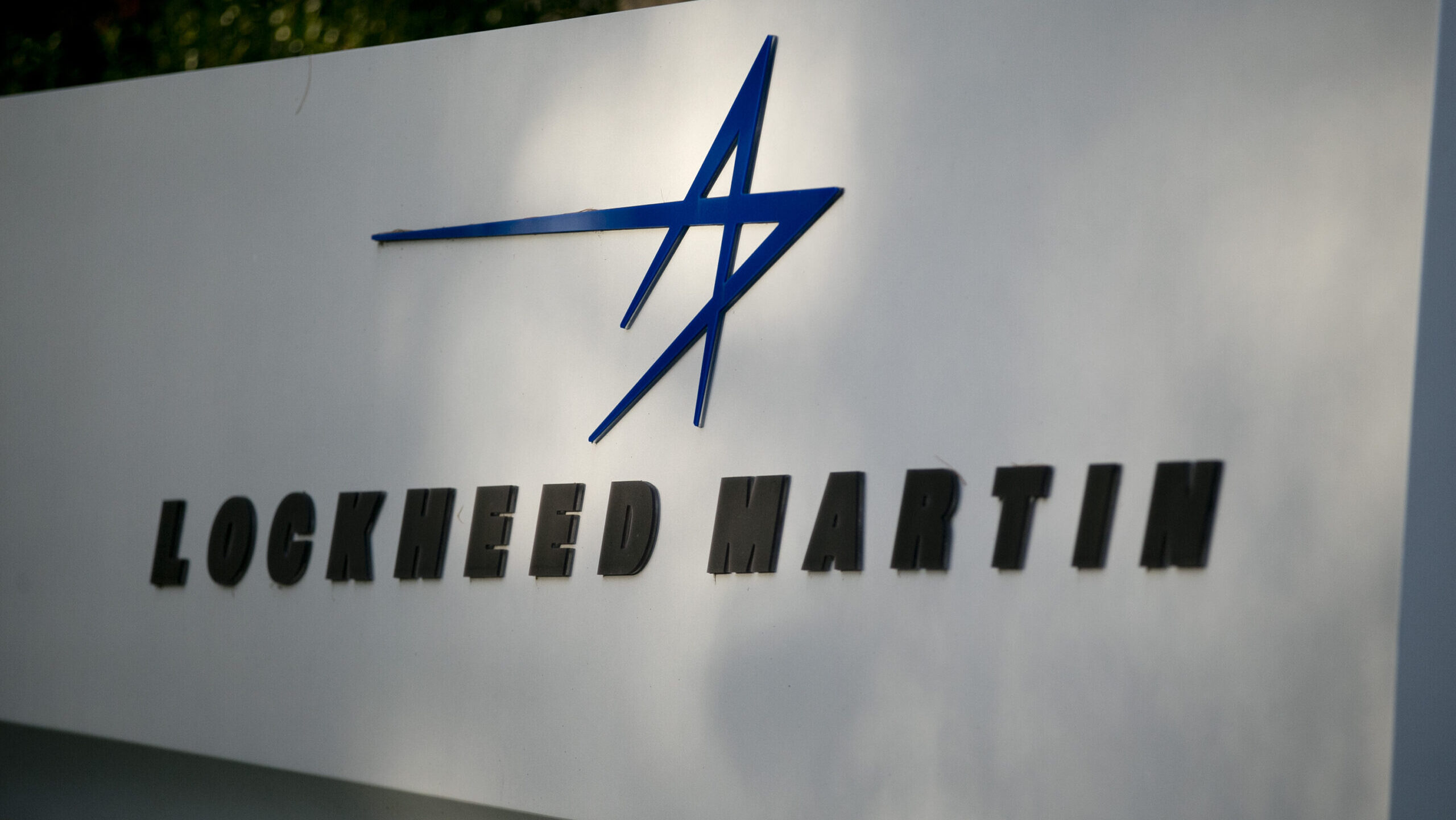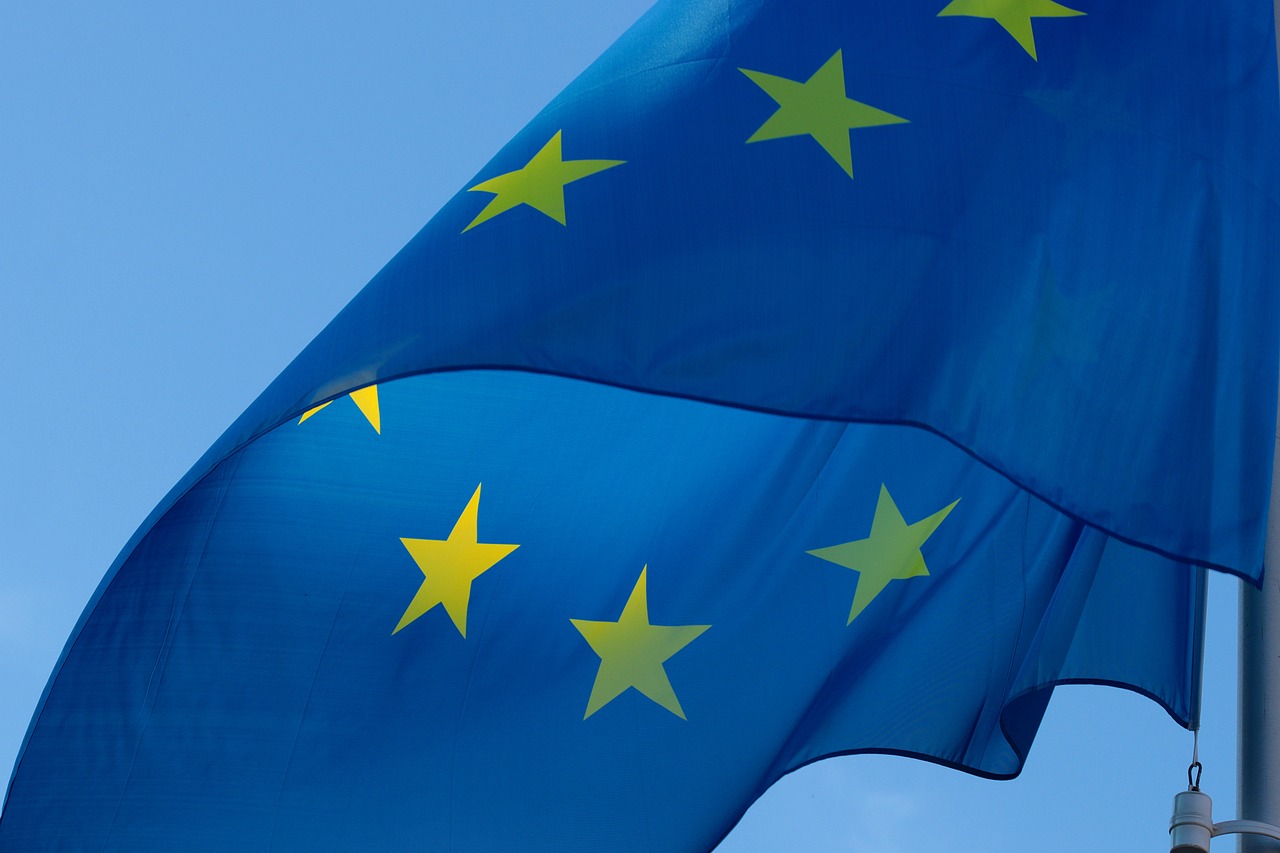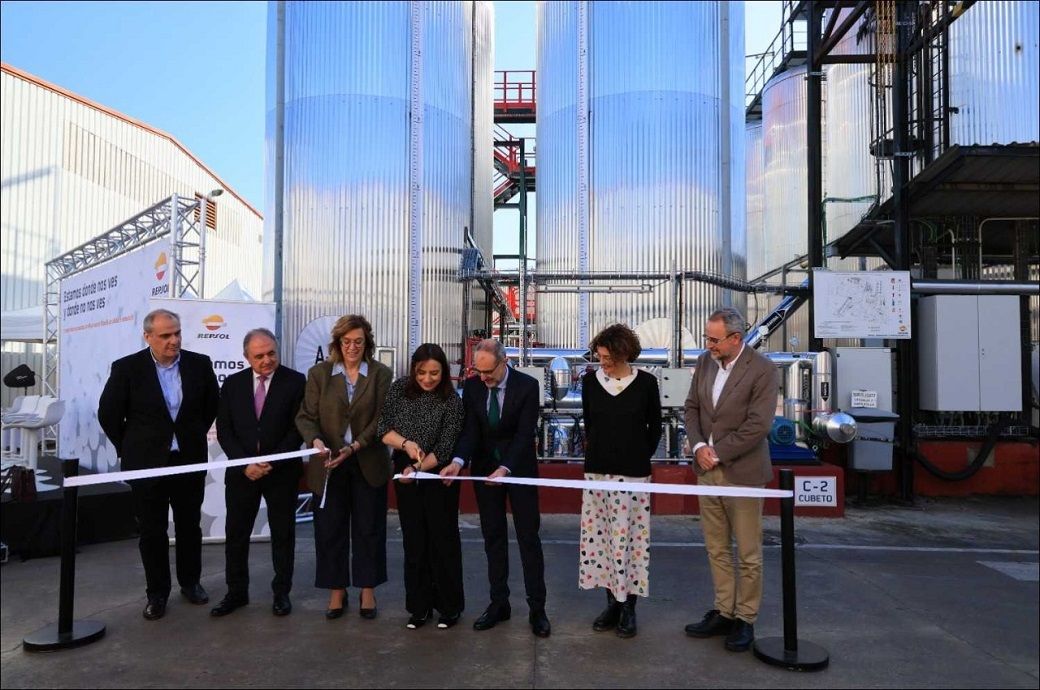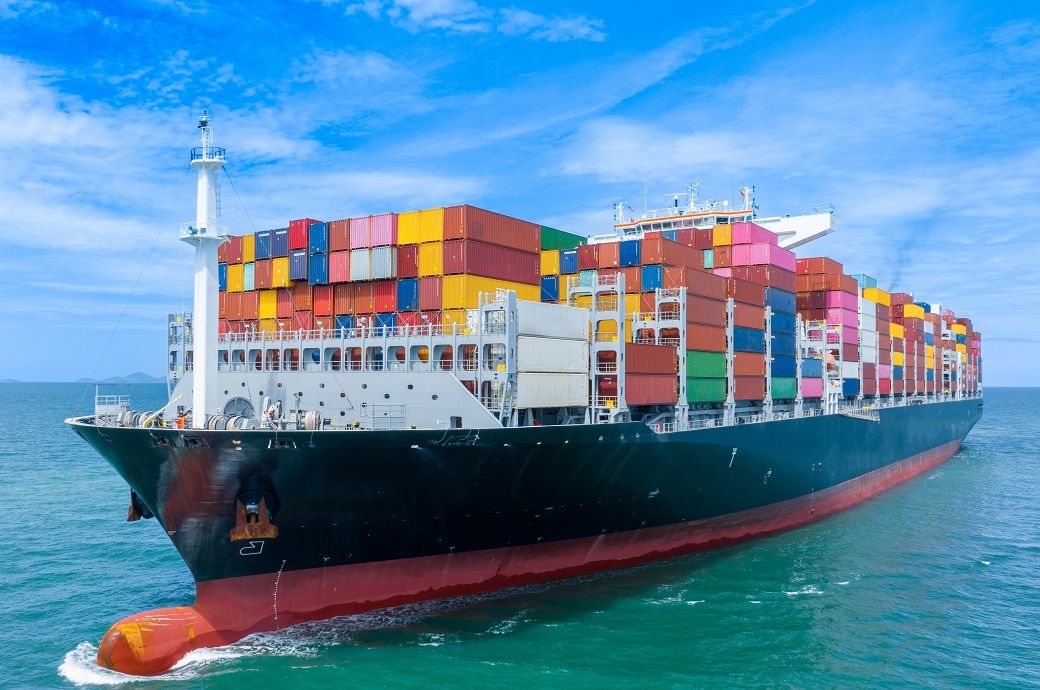Swap introduces new service for tariff optimization amid escalating trade tensions
Ecommerce operating system Swap has launched a new service for tariff optimization. Unveiled today, the new service named Clear by Swap Global offers a straightforward solution for global brands facing an increase in export costs due to the increase in tariffs. With narrow profit margins and rising trade uncertainty, many ecommerce brands face mounting pressure. As the de minimis exemption nears expiration in the US, increased tariffs and stricter customs requirements, including licenses, certifications, and importer data—pose serious risks to operational efficiency and profitability. Swap Global's new Clear service helps brands minimize tariff exposure using a B2B2C model while maintaining fast two-day delivery from UK and EU hubs. The solution streamlines invoicing, ensures customs and tax compliance, and supports full US operational setup, reducing landed costs and easing regulatory burdens for global exporters. "By offering brands the opportunity to optimize their tariff strategy, not only will they have a vital tool to help them survive, but they can mitigate the costs to consumers," said Sam Atkinson, CEO and co-founder at Swap, in a statement. "Our new solution for brands facing rising export costs in the US market simplifies regulatory requirements, mitigating costs, maintaining shipping speeds, and limiting surprise fees. As global trade policy shifts unpredictably and rapidly, businesses can work with us to keep pace." The launch of Clear by Swap Global comes shortly after the release of Swap's Tariff Turmoil Report, which revealed that 83 percent of ecommerce executives are deeply concerned about the impact of these changes on their companies' survival, the launch comes at a critical time. The survey indicated that many businesses are adapting their strategies, with 56 percent shifting to domestic supply chains, 55 percent revising pricing strategies, and 31 percent stockpiling goods in anticipation of tariff increases. Additionally, 65 percent of respondents admitted to being unprepared, while 88 percent have sought expert advice or established partnerships to manage cross-border transactions.

Ecommerce operating system Swap has launched a new service for tariff optimization.
Unveiled today, the new service named Clear by Swap Global offers a straightforward solution for global brands facing an increase in export costs due to the increase in tariffs.
With narrow profit margins and rising trade uncertainty, many ecommerce brands face mounting pressure. As the de minimis exemption nears expiration in the US, increased tariffs and stricter customs requirements, including licenses, certifications, and importer data—pose serious risks to operational efficiency and profitability.
Swap Global's new Clear service helps brands minimize tariff exposure using a B2B2C model while maintaining fast two-day delivery from UK and EU hubs. The solution streamlines invoicing, ensures customs and tax compliance, and supports full US operational setup, reducing landed costs and easing regulatory burdens for global exporters.
"By offering brands the opportunity to optimize their tariff strategy, not only will they have a vital tool to help them survive, but they can mitigate the costs to consumers," said Sam Atkinson, CEO and co-founder at Swap, in a statement.
"Our new solution for brands facing rising export costs in the US market simplifies regulatory requirements, mitigating costs, maintaining shipping speeds, and limiting surprise fees. As global trade policy shifts unpredictably and rapidly, businesses can work with us to keep pace."
The launch of Clear by Swap Global comes shortly after the release of Swap's Tariff Turmoil Report, which revealed that 83 percent of ecommerce executives are deeply concerned about the impact of these changes on their companies' survival, the launch comes at a critical time.
The survey indicated that many businesses are adapting their strategies, with 56 percent shifting to domestic supply chains, 55 percent revising pricing strategies, and 31 percent stockpiling goods in anticipation of tariff increases. Additionally, 65 percent of respondents admitted to being unprepared, while 88 percent have sought expert advice or established partnerships to manage cross-border transactions.



















































